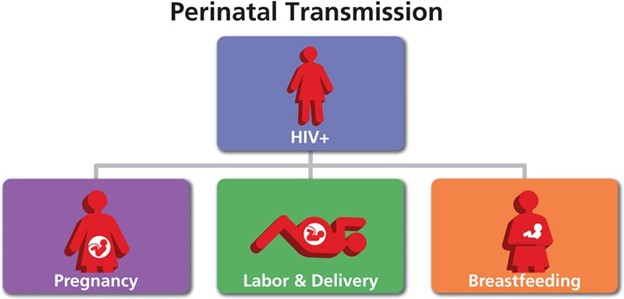The nurse assessing a premature newborn infant auscultates a continuous machinery-like murmur.
This finding is associated with which congenital heart defect?
Pulmonary stenosis
Patent ductus arteriosus
Ventricular septal defect
Coarctation of the aorta
The Correct Answer is B
This is because a patent ductus arteriosus is a congenital heart defect that involves a defect in which the fetal shunt between the aorta and the pulmonary artery fails to close. This causes a continuous machinery-like murmur that can be heard on auscultation.
Choice A is wrong because pulmonary stenosis is a narrowing of the pulmonary valve or artery that obstructs blood flow to the lungs. It causes a systolic ejection murmur that is best heard at the upper left sternal border.
Choice C is wrong because the ventricular septal defect is a hole in the wall between the ventricles that allows blood to flow from the left to the right side of the heart. It causes a loud, harsh holosystolic murmur that is best heard at the left lower sternal border.
Choice D is wrong because coarctation of the aorta is a narrowing of the aorta that reduces blood flow to the lower body. It causes a systolic murmur that radiates to the back and weak or absent femoral pulses.
Nursing Test Bank
Naxlex Comprehensive Predictor Exams
Related Questions
Correct Answer is D
Explanation
The correct answer is choice D. Perinatal transmission of HIV is when HIV is passed from a woman with HIV to her child during pregnancy, childbirth, or breastfeeding.

Breast milk from an infected mother can contain HIV and infect the baby.
Choice A is wrong because HIV can be transmitted at any stage of pregnancy, not only in the third trimester.
Choice B is wrong because needlestick injury is not a common mode of perinatal transmission of HIV. It is more likely to occur among health care workers who are exposed to contaminated needles or sharp objects.
Choice C is wrong because HIV can also be transmitted through the ingestion of amniotic fluid, but it is not the only way. Amniotic fluid is the fluid that surrounds and protects the baby in the womb.
Correct Answer is ["B","D"]
Explanation
Sleepiness or fatigue and puffiness around the eyes are symptoms associated with hypothyroidism. Hypothyroidism is a condition where the thyroid gland does not produce enough thyroid hormones, which regulate the body’s metabolism and energy levels.
Choice A is wrong because weight loss is more likely to occur in hyperthyroidism, a condition where the thyroid gland produces too much thyroid hormones.
Choice C is wrong because diarrhea is also more likely to occur in hyperthyroidism, as the excess thyroid hormones speed up the digestive system.
Choice E is wrong because limited hair growth is not a specific symptom of hypothyroidism. Hair loss or thinning may occur in both hypothyroidism and hyperthyroidism, depending on the severity and duration of the condition.
Normal ranges for thyroid hormones are:
- TSH: 0.4 to 4.0 mIU/L
- T3: 100 to 200 ng/dL
- T4: 4.5 to 11.2 mcg/dL
Whether you are a student looking to ace your exams or a practicing nurse seeking to enhance your expertise , our nursing education contents will empower you with the confidence and competence to make a difference in the lives of patients and become a respected leader in the healthcare field.
Visit Naxlex, invest in your future and unlock endless possibilities with our unparalleled nursing education contents today
Report Wrong Answer on the Current Question
Do you disagree with the answer? If yes, what is your expected answer? Explain.
Kindly be descriptive with the issue you are facing.
